#praticing!!
Explore tagged Tumblr posts
Text
I ask my friend if they could show me how to do "Shadow Lines" Style, and well...
There's the result of my 7 days of hard pratice! :D

First and second i did terrible- but in the third i could finally do it well! 😊

My friend show me how to do it with animals and furries but not with humans so...
I tried this is Style on hoomans- 👀

( I really proud of those )


Big realistic eye Vs Hat Potato... i prefer the Hat Potato- 🚶
You guys can say your opinion about this silly pratice, I will love to see what you guys think of it X3
.
#my art#original art#ocs#oc art#my ocs#classic ar#art pratice#art#praticing!!#shadow lines#shadow lines art style#my skecthes#my doddles#potatowithahat#skecth art#furry art#humans#hat potato#posting this in my break on class yyyyaaayyy#RiB_R.M._Art☆
13 notes
·
View notes
Text
also in regards to that last article about varied ways of thinking about psychosis/altered states that don't just align with medical model or carceral psychiatry---I always love sharing about Bethel House and their practices of peer support for schizophrenia that are founded on something called tojisha kenkyu, but I don't see it mentioned as often as things like HVN and Soteria House.

ID: [A colorful digital drawing of a group of people having a meeting inside a house while it snows outside.]
"What really set the stage for tōjisha-kenkyū were two social movements started by those with disabilities. In the 1950s, a new disability movement was burgeoning in Japan, but it wasn���t until the 1970s that those with physical disabilities, such as cerebral palsy, began to advocate for themselves more actively as tōjisha. For those in this movement, their disability is visible. They know where their discomfort comes from, why they are discriminated against, and in what ways they need society to change. Their movement had a clear sense of purpose: make society accommodate the needs of people with disabilities. Around the same time, during the 1970s, a second movement was started by those with mental health issues, such as addiction (particularly alcohol misuse) and schizophrenia. Their disabilities are not always visible. People in this second movement may not have always known they had a disability and, even after they identify their problems, they may remain uncertain about the nature of their disability. Unlike those with physical and visible disabilities, this second group of tōjisha were not always sure how to advocate for themselves as members of society. They didn’t know what they wanted and needed from society. This knowing required new kinds of self-knowledge.
As the story goes, tōjisha-kenkyū emerged in the Japanese fishing town of Urakawa in southern Hokkaido in the early 2000s. It began in the 1980s when locals who had been diagnosed with psychiatric disorders created a peer-support group in a run-down church, which was renamed ‘Bethel House’. The establishment of Bethel House (or just Bethel) was also aided by the maverick psychiatrist Toshiaki Kawamura and an innovative social worker named Ikuyoshi Mukaiyachi. From the start, Bethel embodied the experimental spirit that followed the ‘antipsychiatry’ movement in Japan, which proposed ideas for how psychiatry might be done differently, without relying only on diagnostic manuals and experts. But finding new methods was incredibly difficult and, in the early days of Bethel, both staff and members often struggled with a recurring problem: how is it possible to get beyond traditional psychiatric treatments when someone is still being tormented by their disabling symptoms? Tōjisha-kenkyū was born directly out of a desperate search for answers.
In the early 2000s, one of Bethel’s members with schizophrenia was struggling to understand who he was and why he acted the way he did. This struggle had become urgent after he had set his own home on fire in a fit of anger. In the aftermath, he was overwhelmed and desperate. At his wits’ end about how to help, Mukaiyachi asked him if perhaps he wanted to kenkyū (to ‘study’ or ‘research’) himself so he could understand his problems and find a better way to cope with his illness. Apparently, the term ‘kenkyū’ had an immediate appeal, and others at Bethel began to adopt it, too – especially those with serious mental health problems who were constantly urged to think about (and apologise) for who they were and how they behaved. Instead of being passive ‘patients’ who felt they needed to keep their heads down and be ashamed for acting differently, they could now become active ‘researchers’ of their own ailments. Tōjisha-kenkyū allowed these people to deny labels such as ‘victim’, ‘patient’ or ‘minority’, and to reclaim their agency.
Tōjisha-kenkyū is based on a simple idea. Humans have long shared their troubles so that others can empathise and offer wisdom about how to solve problems. Yet the experience of mental illness is often accompanied by an absence of collective sharing and problem-solving. Mental health issues are treated like shameful secrets that must be hidden, remain unspoken, and dealt with in private. This creates confused and lonely people, who can only be ‘saved’ by the top-down knowledge of expert psychiatrists. Tōjisha-kenkyū simply encourages people to ‘study’ their own problems, and to investigate patterns and solutions in the writing and testimonies of fellow tōjisha.
Self-reflection is at the heart of this practice. Tōjisha-kenkyū incorporates various forms of reflection developed in clinical methods, such as social skills training and cognitive behavioural therapy, but the reflections of a tōjisha don’t begin and end at the individual. Instead, self-reflection is always shared, becoming a form of knowledge that can be communally reflected upon and improved. At Bethel House, members found it liberating that they could define themselves as ‘producers’ of a new form of knowledge, just like the doctors and scientists who diagnosed and studied them in hospital wards. The experiential knowledge of Bethel members now forms the basis of an open and shared public domain of collective knowledge about mental health, one distributed through books, newspaper articles, documentaries and social media.
Tōjisha-kenkyū quickly caught on, making Bethel House a site of pilgrimage for those seeking alternatives to traditional psychiatry. Eventually, a café was opened, public lectures and events were held, and even merchandise (including T-shirts depicting members’ hallucinations) was sold to help support the project. Bethel won further fame when their ‘Hallucination and Delusion Grand Prix’ was aired on national television in Japan. At these events, people in Urakawa are invited to listen and laugh alongside Bethel members who share stories of their hallucinations and delusions. Afterwards, the audience votes to decide who should win first prize for the most hilarious or moving account. One previous winner told a story about a failed journey into the mountains to ride a UFO and ‘save the world’ (it failed because other Bethel members convinced him he needed a licence to ride a UFO, which he didn’t have). Another winner told a story about living in a public restroom at a train station for four days to respect the orders of an auditory hallucination. Tōjisha-kenkyū received further interest, in and outside Japan, when the American anthropologist Karen Nakamura wrote A Disability of the Soul: An Ethnography of Schizophrenia and Mental Illness in Contemporary Japan (2013), a detailed and moving account of life at Bethel House. "
-Japan's Radical Alternative to Psychiatric Diagnosis by Satsuki Ayaya and Junko Kitanaka
#personal#psych abolition#mad liberation#psychosis#altered states#antipsych#antipsychiatry#mad pride#peer support#schizophrenia#i have a pdf of the book somewhere if anyone wants#the book and the documentary also discuss some of the pratical struggles in creating a community like this which i also found helpful as#someone who is very interested in helping open a peer respite.
2K notes
·
View notes
Text

Born to mess around with colors, forced to render
#Gheritan#oc#art#fantasy#digital art#digital painting#pratice#nature#woods#monster#humanoids#haelumians#personal art
3K notes
·
View notes
Note
Why weren’t you at elf practice!?

#Dungeon Meshi#Pattadol#elf pratice#Cithis#Mithrun#For a second I forgot this was a meme and went to confront my sister cause she's the one that keeps asking me that
699 notes
·
View notes
Text
someone please knock this man up



#he said 😋😋😋 gonna beat that child at hockey#he was also like this with nikita at that pratice last year🥺🥺#sidney crosby#pittsburgh penguins#bryan rust
498 notes
·
View notes
Text



re-learning how to draw on krita i been mspainting this shit too much blehh :^P
#undertale#undertale fanart#undertale art#frisk#frisk undertale#frisk the human#undyne#undyne undertale#alphys#alphys undertale#krita#art#digital art#fanart#pratice
599 notes
·
View notes
Text
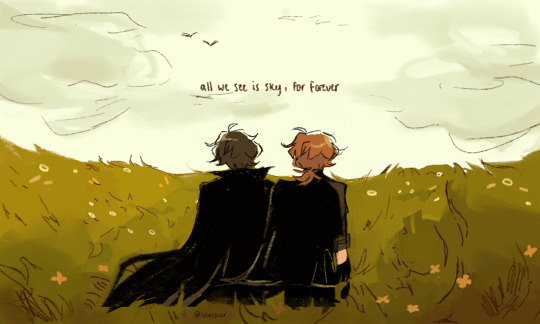
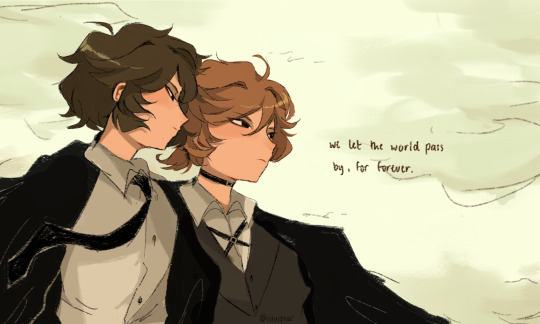
"feels like we could go on for forever this way.." (x)
#wooo new header for me <33#also back to skk posting i missed them sm#wanted to pratice some scenery and try a new style which simplifies my current one and focuses more on colors and painting#and i'm super happy with how it turned out i think i won#for forever fits skk so well it rly brings back the bittersweet memories of when they were once partners and each others halves#and it just feels reminiscent of days gone by and they were once so close but time and life their own decisions have torn them apart#ben platt's voice is so pretty i love this song sm i heard it for the first time again in years and was slammed by all the emotions😭😭#i was so normal abt deh when it first came out i swear#bungou stray dogs#bungo stray dogs#bsd#dazai osamu#osamu dazai#nakahara chuuya#chuuya nakahara#soukoku#skk#lotus draws
5K notes
·
View notes
Text



Practical Magic (1998) dir. Griffin Dunne

#filmedit#sandrabullockedit#90sedit#pratical magic#sally owens#sandra bullock#witches#90s movies#moviesedit#mygifs
613 notes
·
View notes
Text

The Subway Bosses >:DDD
#submas#subway bosses#subway boss emmet#subway boss ingo#subway boss kudari#subway boss nobori#pokemon emmet#pokemon ingo#i think i'm finally get hang of drawing them#i planned to draw a hnk x pokemon au upnext so i gonna pratice alot >:DDD
950 notes
·
View notes
Text


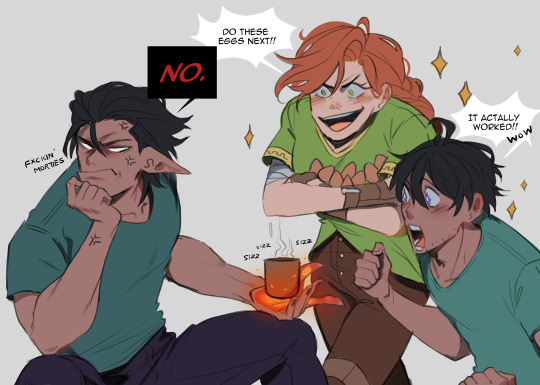
Heyyyyyy
Long time no see! Uploading again feels suuurrreeallll. Hope you guys like this. Will probably post more as I am on vacation hehe <3<3
#minecraft#minecraft art#herobrine#minecraft steve#minecraft alex#artists on tumblr#myart#not the best things i have made#but am gonna pratice lots to get back into the swing of things!#always wanted to draw hero and his fireeee#good for cuddles and warm food#and burning people to a crisp
1K notes
·
View notes
Text
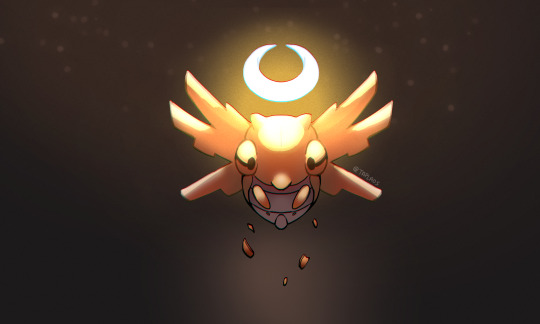
Shedinja
3K notes
·
View notes
Text


Photo study (kinda)
946 notes
·
View notes
Text
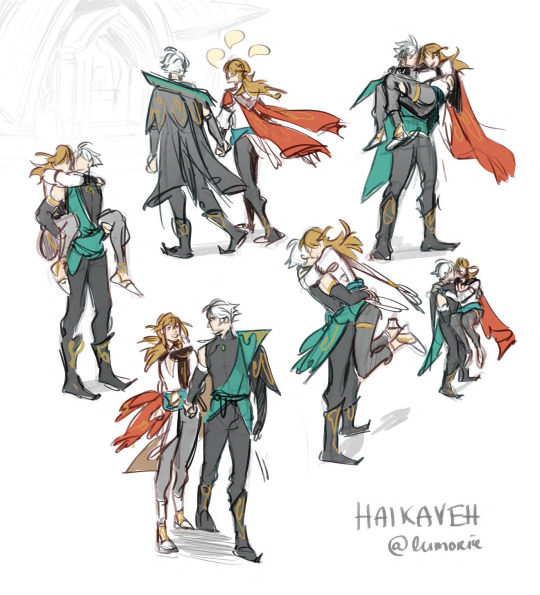
teeny tiny haikaveh doodles
#my art#sketch#haikaveh#genshin impact#kaveh#alhaitham#alhaitham x kaveh#fanart#doodles#artist#art#I usually dont post stuff like this#but I try to draw them more and I needed some pratice in drawing their complicated hair and couple poses...
2K notes
·
View notes
Text

Riz "The Ball" "Dragon slayer Legend Lore" Gukgak you will forever be famous.
#rain does art#my art#fantasy high#riz gukgak#riz the ball gukgak#yes I am several weeks behind on this but consider i am employed#fhjy spoilers#d20 fhjy#d20#d20 fantasy high#d20 fanart#colored#digital art#fantasy high junior year#dimension 20 fantasy high#Jesus christ fh has more names then Nicky#I tried to do more sever lighting#kinda a pratice not really#getting used to just slapping colors down on a peice and leaving them alone to not overwork it
449 notes
·
View notes
Text
⚔ Twin Runes ⚔
(Click 4 better quality!)
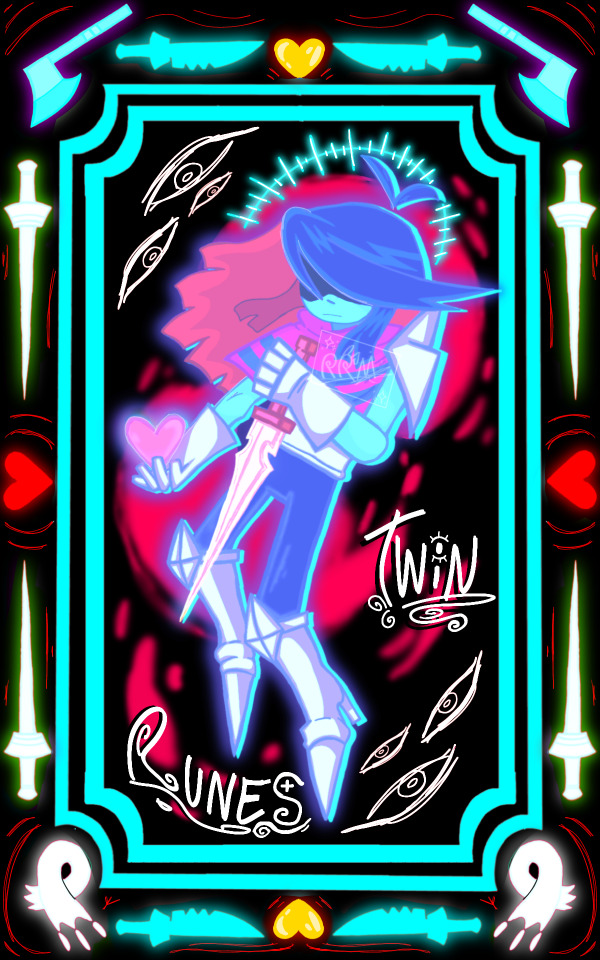
It was supose to be a gift for Akanemnon b-day but- uh... yeah, i was on a lack of motivation in that time-
WHATEVER- HAPPY (reeally late) BIRTHDAY Akane 💖
I finally could finish that danm fanart, and i could never be more happy with it since i was testing and praticing shading and ligthing with it...
( i wanted to do more but i just can't 💀)
Hope y'all like it!! <3
.
Twin Runes (Kris) by: @akanemnon
.
#twin runes#twin runes fanart#kris#kris delatrune#kris dreemurr fanart#kris deltarune au#kris dreemurr#twin runes kris#card art like#undertale au#utmv#art#fanart#digital art#akanemnon#deltarune#deltarune au#deltarune and undertale crossover#shading pratice#happy very late birthday gift#UT and DR createors#my art#tarot card style#RiB_R.M._Art☆
956 notes
·
View notes
Text

honkie shooo honkiee shoee zzz..
sketch and no shading versions:


#undertale#undertale au#utmv#digital art#art#nightmare sans#dreamtale nightmare#killer sans#killer sans fanart#killer sans au#bad sanses#ms paint#mspaint#mspaint art#pixelart#pixel art#my hands hurts i finnaly finished this yeaay!! <33#tbh biggest piece ive done yet#good background pratice too#i happy
248 notes
·
View notes